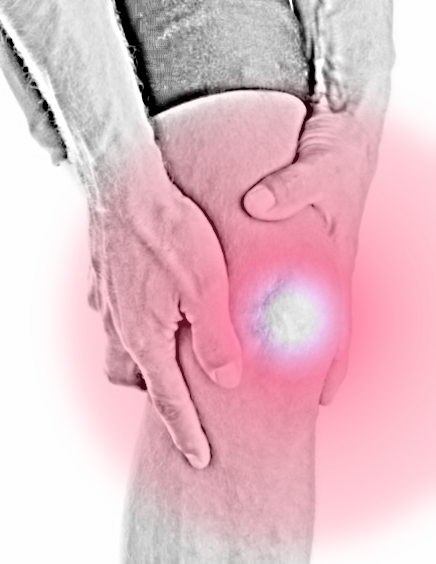Findings light in massage studies
 Recent research has found little evidence supporting massage therapy for pain relief.
Recent research has found little evidence supporting massage therapy for pain relief.
Despite the popularity of massage therapy as a treatment for various painful conditions, a recent systematic review by US scientists reveals that there is limited high-certainty evidence to support its efficacy.
The analysis looked back over existing studies to evaluate the quality of evidence that massage therapy is more effective than other active therapies in alleviating pain.
The review examined 129 systematic reviews published since 2018, with a focus on those that assessed the certainty or quality of their conclusions.
Out of these, only 41 reviews employed a formal method to rate the strength of evidence. From these, 17 reviews covering 13 different health conditions were selected for detailed analysis.
The findings were stark: none of the reviews concluded with high-certainty evidence supporting the effectiveness of massage therapy.
Only seven conclusions were rated as moderate-certainty evidence, all indicating that massage therapy was associated with pain improvement.
The remaining conclusions were deemed to have low or very low certainty of evidence.
“This study found that despite a large number of randomized clinical trials, systematic reviews of massage therapy for painful adult health conditions rated a minority of conclusions as moderate-certainty evidence and that conclusions with moderate- or high-certainty evidence that massage therapy was superior to other active therapies were rare,” the researchers noted.
The findings could be critical for healthcare professionals and patients seeking alternative pain management options.
While massage therapy remains a popular choice, its purported benefits are not strongly supported by high-certainty scientific evidence, necessitating caution and further rigorous research in this area.








 Print
Print